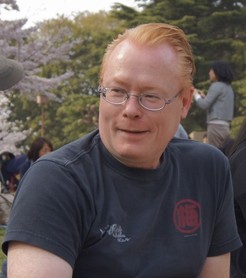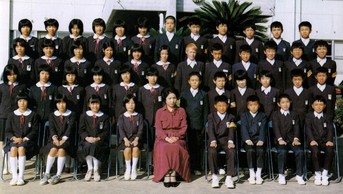Takashi Nakajima earns $100,000 a year growing lettuces, employs Chinese laborers to harvest them, and has four months off in winter to indulge his passion for speed skating. He’s the result of a protected farming system that Japanese Prime Minister Shinzo Abe is about to dismantle.
“I don’t trust the government at all,” said Nakajima, 35, whose village of Kawakami in the picturesque valleys of Nagano prefecture boasts incomes five times the national average. “They want to streamline Japan’s farming business. Small farmers won’t be able to survive and the community will die.”
Government support, including payments to some farmers for not producing, accounted for 56 percent of the total earnings for Japanese agriculture last year, behind only Norway and Switzerland, according to the Organisation for Economic Cooperation and Development. Abe plans to cut the 161 billion yen ($1.6 billion) support for rice farmers’ incomes and reduce import barriers, forcing thousands of hand-tended smallholdings like Nakajima’s to consolidate.
“The current system is so unproductive that it’s hurting the nation as a whole,” said Robert Feldman, head of Japan economic research at Morgan Stanley MUFG Securities Co. “The price of some agricultural goods is higher than it should be. Changing the agricultural laws is a good way to promote the conversion of land to more efficient use.”
At the heart of the battle is the Japan Agricultural Cooperatives group, or the JA, which has unique powers to finance and insure farms, supply them with equipment and fertilizers and buy their produce. With almost 10 million members, that makes the JA the country’s fourth-biggest financial services provider, its largest political lobby and the supplier of nearly half of rice distributed across the country.
....
“In the absence of fundamental reform, the agricultural sector will continue to wither, trapped in a cycle of low productivity, low earnings and dependence on subsidies and import protection,” OECD economists Randall Jones and Shingo Kimura wrote in a May report.
Japan’s proliferation of small farms was the result of a postwar restructuring of land ownership under General Douglas MacArthur during the U.S. occupation, which broke the power of the landlord class and allocated plots to tenant farmers that tilled about one third of the nation’s fields and rice paddies.
.....
[read more]



 RSS Feed
RSS Feed

